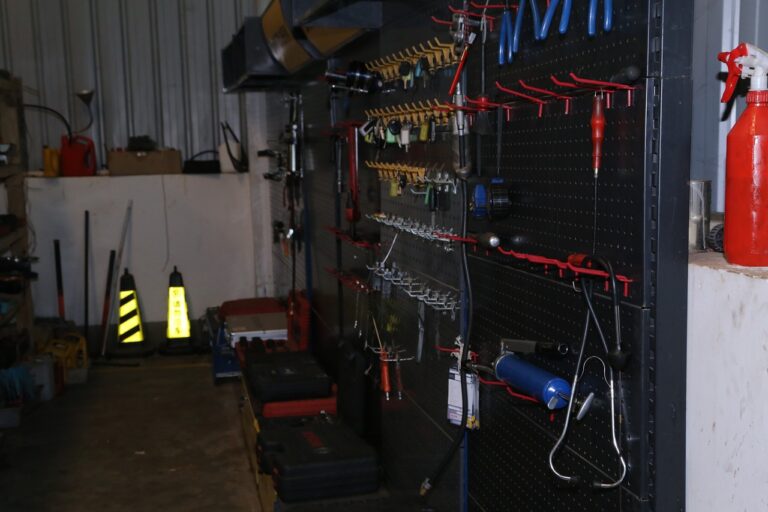Sustainable Practices in Automotive Manufacturing: Closed-Loop Supply Chains
Traditional automotive manufacturing processes face various challenges that hinder efficiency and sustainability. One significant issue is the generation of large amounts of waste during production, leading to environmental concerns and increasing operational costs. Additionally, these processes often involve complex and lengthy supply chains, making it difficult to track and manage materials effectively.
Moreover, traditional manufacturing methods in the automotive industry are often linear and lack flexibility, which can result in inefficiencies and bottlenecks in the production process. This rigidity can lead to delays in manufacturing timelines and increase the risk of disruptions throughout the supply chain. In essence, the traditional approach to automotive manufacturing struggles to adapt to the rapidly changing market demands and advancements in technology.
Benefits of Implementing Closed-Loop Supply Chains in the Automotive Industry
Implementing closed-loop supply chains in the automotive industry brings numerous advantages that contribute to sustainable and efficient operations. One key benefit is the reduction of material waste throughout the production process. By incorporating closed-loop systems, manufacturers can recycle and reuse materials, minimizing the need for new resources and lowering overall waste generation. This not only decreases the environmental impact of automotive production but also enhances cost-effectiveness for companies involved in the supply chain.
Furthermore, closed-loop supply chains promote greater transparency and traceability in the automotive sector. Through the implementation of advanced tracking systems and data analytics, businesses can gain insights into the entire product lifecycle, from raw material sourcing to end-of-life disposal. This enhanced visibility not only aids in compliance with regulatory requirements but also instills consumer confidence by ensuring the ethical and sustainable practices of automotive manufacturers.
Reduction of Waste and Environmental Impact Through Closed-Loop Supply Chains
Closed-loop supply chains have emerged as a promising solution in the automotive industry to address the pressing issues of waste reduction and environmental impact. By implementing closed-loop systems, manufacturers can significantly minimize the amount of waste generated during production processes. This is achieved through the recycling and reuse of materials, thereby reducing the need for raw resources and lowering the overall carbon footprint of the manufacturing operations.
Additionally, closed-loop supply chains contribute to environmental sustainability by promoting a circular economy model. Rather than following a linear ‘take-make-dispose’ approach, closed-loop systems focus on creating a closed-loop system where materials are continuously circulated within the supply chain. This not only reduces the reliance on finite resources but also minimizes the environmental impact associated with the extraction, production, and disposal of materials. By adopting closed-loop supply chains, automotive manufacturers can play a vital role in mitigating environmental degradation and fostering a more sustainable future for the industry.
Closed-loop supply chains minimize waste generation during production processes
Recycling and reusing materials reduce the need for raw resources
Lowering the overall carbon footprint of manufacturing operations
Promoting a circular economy model through closed-loop systems
Continuous circulation of materials within the supply chain
Reducing reliance on finite resources and minimizing environmental impact
Mitigating environmental degradation in the automotive industry
Fostering a more sustainable future for automotive manufacturers
What are some challenges in traditional automotive manufacturing processes?
Some challenges in traditional automotive manufacturing processes include high levels of waste generation, inefficiencies in material usage, and negative environmental impacts.
What are the benefits of implementing closed-loop supply chains in the automotive industry?
Implementing closed-loop supply chains in the automotive industry can lead to reduced waste generation, increased resource efficiency, cost savings, and overall environmental sustainability.
How can closed-loop supply chains help in reducing waste and environmental impact?
Closed-loop supply chains help in reducing waste and environmental impact by promoting the reuse, remanufacturing, and recycling of materials and components, thus reducing the need for raw materials extraction and disposal of waste.







